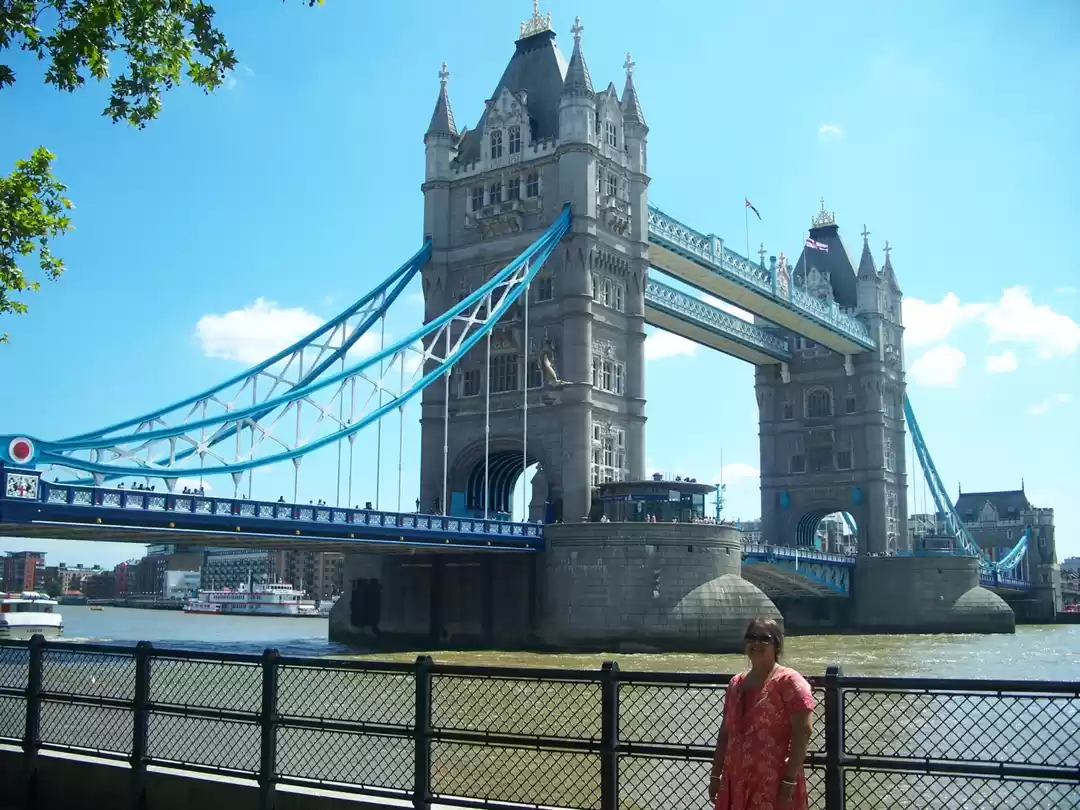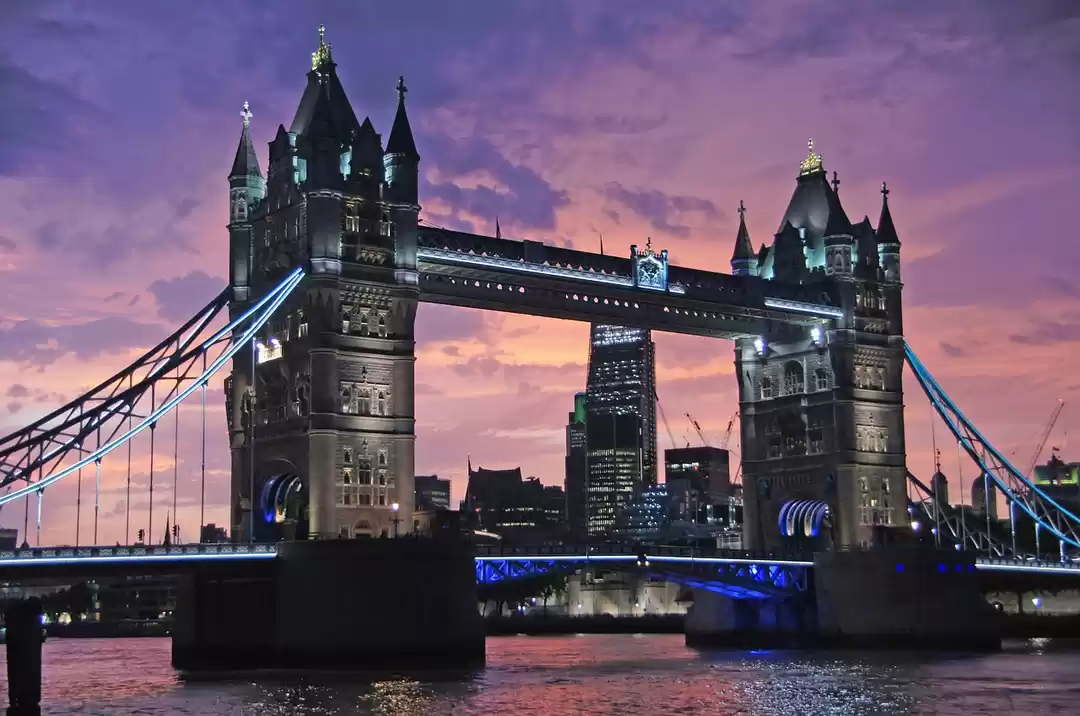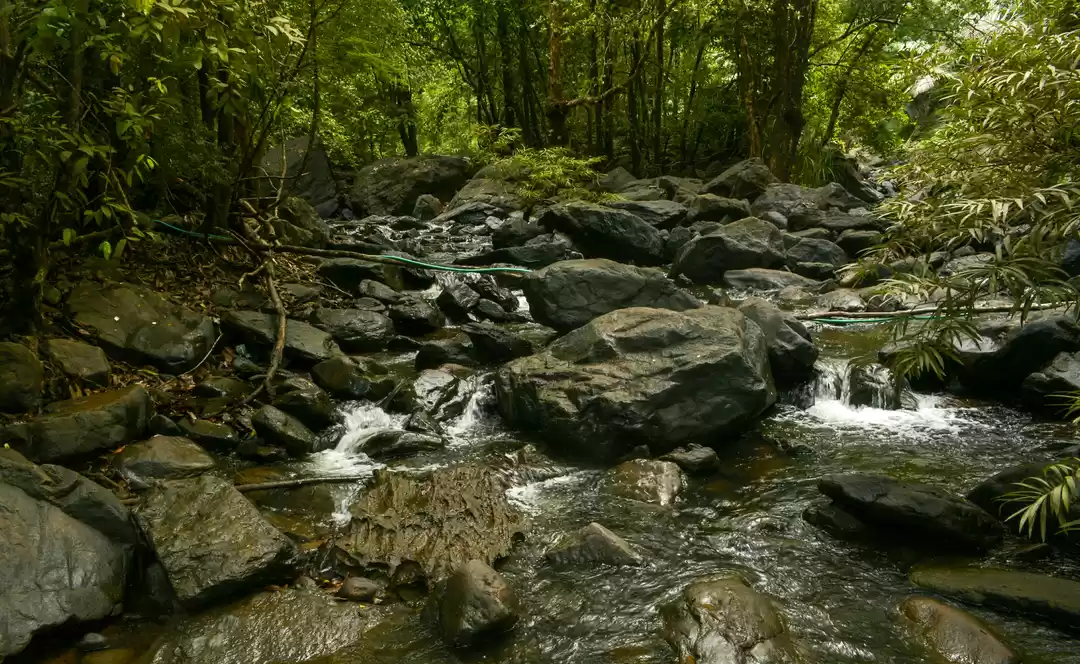In today's world, tourism is one of the fastest-growing industries. It is one of the most sought out recreation activities as well as a major contributor to employment opportunities. However, the ever-increasing demand for tourism has harmed the environment and caused rapid depletion of natural resources. Due to this, the need for environment-friendly tourism has gained more importance, leading to the birth of ecotourism.
Ecotourism is a movement that began back in the 1980s and gained great significance in recent years. It goes by many names such as green tourism, sustainable tourism, responsible tourism, ethical tourism, mindful travel, and many others.
The main principles of ecotourism are
Promoting environmental and cultural awareness Designing tours and facilities that are ecofriendly and pro sustainability. Upliftment and development of natives by spreading their culture and heritage. Overall harmonization of nature and humans.
The United Nations marked 2017 as the International Year of Sustainable Tourism for Development, in an attempt to spread awareness amongst the masses for the need of ecotourism.
Ecotourism - How to travel greener:
Green tourism isn't a difficult concept; one can easily adapt to traveling eco-friendly with just a few simple steps. Here are 7 starters to travel greener, so you can live your adventure without harming the earth.
Leaving home: Start your journey greener
Pack light - It is unnecessary to pack a dozen shirts for a 3-day trip. The heavier your luggage is, the more load is added to the transport vehicle increasing the amount of carbon emission. Plan the amount of luggage you carry depending on your travel duration and itinerary. Choose nature-friendly activities for your holiday. Experience nature in her purest form by hiking or trekking. This will not only bring out the explorer in you but also reduce your carbon footprint. Before leaving, turn off the running appliances, and unplug all electronics to save energy and reduce your bill. Suspend daily newspaper service for the duration of your trip. When travelling through a tour company, choose one that promotes green travel and is affiliated with international organizations such as World Wildlife Fund, the Nature Conservancy, Rainforest Alliance, etc.
Holiday destination: choose eco-friendly places
Transportation: lower your carbon emission

When travelling solo to farther distances, book non-stop flights to the destination. This reduces the carbon emissions during takeoffs and landings. If you're travelling with family or friends to a destination that is within driving distance, consider taking a road trip. Make sure your car is ecofriendly or consider renting one that uses less fuel and produces fewer carbon emissions. If possible, avoid travelling by air and choose the road instead. It is proven that two round trips by air can generate about 20 per cent of the greenhouse gases your car emits over a year. Even if it means you're saving time, you are contributing massively to global warming.
So even if it means more time, consider the eco-friendly options; the journey will be much more memorable than the very destination itself.
Walk, bike, or use Public Transportation while exploring the place. Doing so not only reduces your carbon footprint but also lets you experience the destination like a local. Sometimes it is unrealistic to get around without a car; in which case, consider renting a fuel-efficient one.
Ecotourism in hiking: contribute to a greener world
Shopping spree: think local

Ecotourism also includes upliftment of the fellow human beings and the promotion of human rights. As responsible tourists, you can help the locals of the place progress and thus help the tourism flourish. Purchase your merchandise from the local vendors to support local businesses. Dine at the local restaurants which make use of local produce. That way you can contribute to the local economy while relishing the local cuisine. Buy handmade souvenirs from local artisans rather than from souvenir stands; this helps their handicraft and culture grow. Do not purchase any artefact that endangers wildlife or is made of unsustainable wood. Carry your reusable carry bags while shopping and avoid the one-use plastic bags.
Water and energy-saving tips
Take showers, not baths. This saves water and your time, as baths tend to waste more water. Do not leave the water running while brushing and lathering. Carry your water bottle and refill it over and over again. This saves you money and reduces the plastic bottles. When you leave your room, always turn off all the lights, heater, AC, and television. Air out the room to cool it down during the summer. Carry your toiletries and avoid taking the hotel supplies that use plastic bottles or sachets. In case you use the hotel supplies, take the leftover soap, shampoo, or toothpaste with you so they aren't wasted. Return maps, brochures, and other tourist info so that they may be reused and hence save trees.
Returning home: make a difference
Do not dump your waste at the places you visit; always ensure

proper disposal of the waste. In the case of hiking trips, bring back the waste produced and never litter the surroundings. You can always volunteer directly with local NGOs of the places you visit so you can help the locals. Donate to authentic organizations that offer programs to help the natives, or in the overall development of the place. Additionally, you can also contribute to carbon offset programs which help fund reforestation and indirectly reduce your carbon footprint.
If people are to choose between travelling responsibly or irresponsibly, they are more prone to choose responsible travel. The only problem is they are unsure how to do so. Additionally, the misuse of this concept by touring companies to gain profit also leaves seeds of doubt in one's mind. However, according to a recent TripAdvisor survey, nearly two-thirds of all travellers make more environmentally friendly choices and travel green. So with these few tips in mind, you too can spend your next vacation travelling greener.
Read more at: himalayan-gypsy.in




























